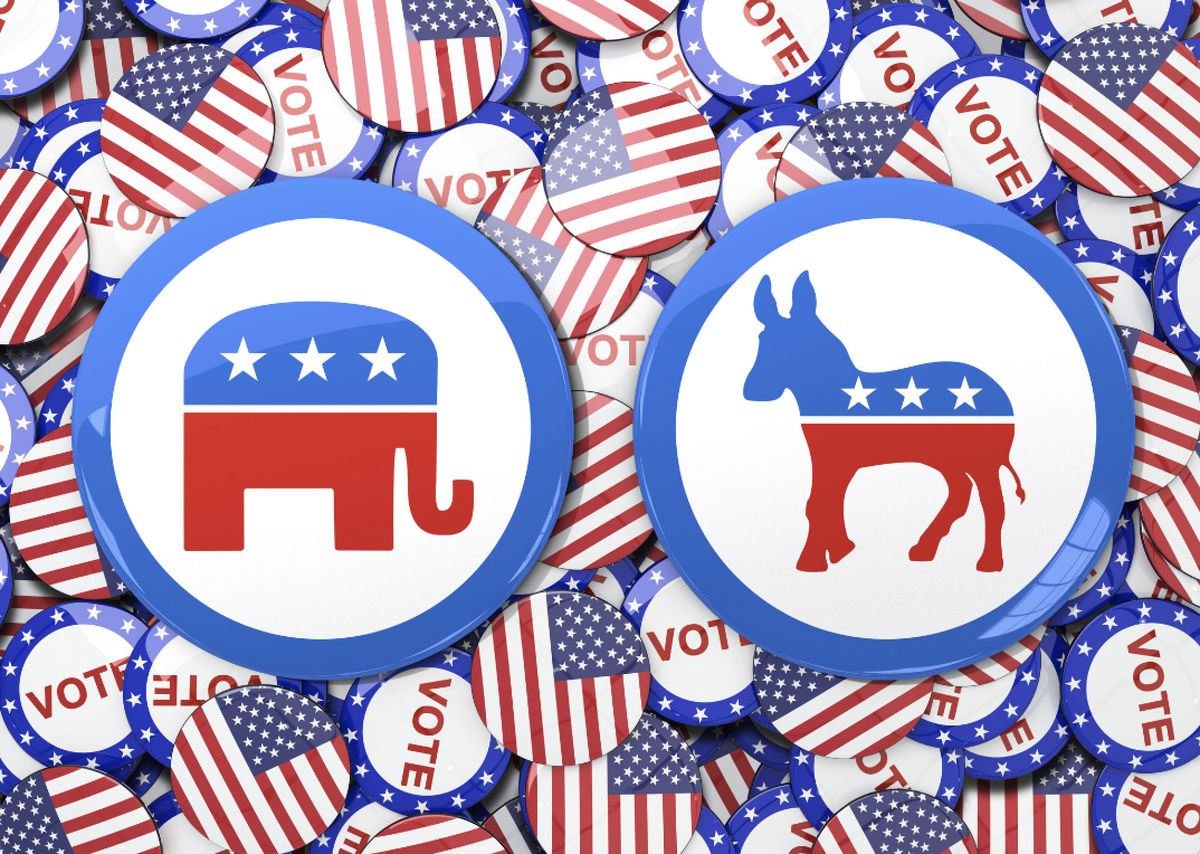What is the carbon tax?
The quick answer is that the carbon tax is a tax regime that makes it more expensive to emit greenhouses gasses that contribute to global warming, like methane, carbon dioxide, and nitrous oxide.
The longer answer is that the government sets a price that emitters need to pay for each ton of greenhouse gas they emit. The hope behind the carbon tax is that it will cause consumers and businesses to take steps like switching fuels or adopting new technologies to decrease their emissions. Thus, avoiding the carbon tax fee.
Why tax greenhouse gases?
In the U.S. alone, around 16.5 million tons of carbon dioxide are released into the atmosphere daily from burning oil, coal, and gas. These emissions create a hazardous, heat-trapping blanket around the entire world. They melt the ever-important glaciers, cause sea-level rise, and fuel the wildfires that rage in the American West and extreme weather.
Using fossil fuels releases toxic chemicals that can lead to asthma, strokes, heart disease, and cancer. Roughly 7 million people worldwide die each year due to complications of air pollution.
There’s this massive cost to both human health and planet health that no one is paying for.
What’s the history behind the carbon tax?
Putting a price tag on carbon emissions was long considered the easiest and most efficient way to reduce greenhouse gases. For more than a decade, taxing emissions was often at the forefront of policies to address climate change.
It even had the potential for bipartisan support!
Where does the carbon tax stand in 2021?
The carbon tax seems to be an area of contention for Democrats and Republicans in discussions over the massive Democratic social spending bill. With the bill initially proposed at $3.5 trillion, moderates and Republicans have vowed to vote against it.
To get the bill passed, any ideas need all 50 Senate Democrats aligned. Still, two Democratic senators are expressly against including a carbon tax in the massive spending plan.
Senator Joe Manchin (D-W.Va.) said the idea wasn’t under discussion, that it’s “not on the board at all right now.” Senator Jon Tester (D-Mont.) said he wasn’t supportive of the carbon tax, stating he’s “not a big fan.”
It’s no surprise to hear Manchin resist the carbon tax as he has long been skeptical of the idea. He believes that this tax will be passed on to the people more heavily than the businesses and corporations.
Manchin also shut down the inclusion of the Clean Electricity Performance Programs (CEPP), which would incentivize companies toward cleaner energy sources and practices.
While the U.S. government is discussing whether to pass this huge, exciting spending bill, they are largely playing catch up to the rest of the world. Over 40 countries already implement one carbon tax policy or the other: simple tax or the more complicated “cap-and-trade” system.
The United States government moves slowly, but they move at an even slower pace when it comes to combatting climate change.

